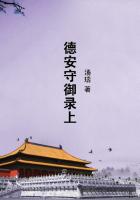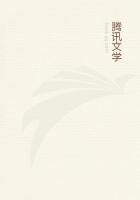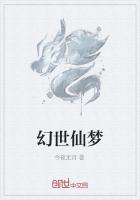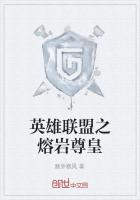Further, if I am right in supposing that in ancient Latium the royal families kept their daughters at home and sent forth their sons to marry princesses and reign among their wives' people, it will follow that the male descendants would reign in successive generations over different kingdoms. Now this seems to have happened both in ancient Greece and in ancient Sweden; from which we may legitimately infer that it was a custom practised by more than one branch of the Aryan stock in Europe. Many Greek traditions relate how a prince left his native land, and going to a far country married the king's daughter and succeeded to the kingdom. Various reasons are assigned by ancient Greek writers for these migrations of the princes. A common one is that the king's son had been banished for murder. This would explain very well why he fled his own land, but it is no reason at all why he should become king of another. We may suspect that such reasons are afterthoughts devised by writers, who, accustomed to the rule that a son should succeed to his father's property and kingdom, were hard put to it to account for so many traditions of kings' sons who quitted the land of their birth to reign over a foreign kingdom. In Scandinavian tradition we meet with traces of similar customs. For we read of daughters' husbands who received a share of the kingdoms of their royal fathers-in-law, even when these fathers-in-law had sons of their own; in particular, during the five generations which preceded Harold the Fair-haired, male members of the Ynglingar family, which is said to have come from Sweden, are reported in the Heimskringla or Sagas of the Norwegian Kings to have obtained at least six provinces in Norway by marriage with the daughters of the local kings.
Thus it would seem that among some Aryan peoples, at a certain stage of their social evolution, it has been customary to regard women and not men as the channels in which royal blood flows, and to bestow the kingdom in each successive generation on a man of another family, and often of another country, who marries one of the princesses and reigns over his wife's people.
A common type of popular tale, which relates how an adventurer, coming to a strange land, wins the hand of the king's daughter and with her the half or the whole of the kingdom, may well be a reminiscence of a real custom.
Where usages and ideas of this sort prevail, it is obvious that the kingship is merely an appanage of marriage with a woman of the blood royal.
The old Danish historian Saxo Grammaticus puts this view of the kingship very clearly in the mouth of Hermutrude, a legendary queen of Scotland. Indeed she was a queen, says Hermutrude, and but that her *** gainsaid it, might be deemed a king; nay (and this is yet truer), whomsoever she thought worthy of her bed was at once a king, and she yielded her kingdom with herself. Thus her sceptre and her hand went together. The statement is all the more significant because it appears to reflect the actual practice of the Pictish kings. We know from the testimony of Bede that, whenever a doubt arose as to the succession, the Picts chose their kings from the female rather than the male line.
The personal qualities which recommended a man for a royal alliance and succession to the throne would naturally vary according to the popular ideas of the time and the character of the king or his substitute, but it is reasonable to suppose that among them in early society physical strength and beauty would hold a prominent place.
Sometimes apparently the right to the hand of the princess and to the throne has been determined by a race. The Alitemnian Libyans awarded the kingdom to the fleetest runner. Amongst the old Prussians, candidates for nobility raced on horseback to the king, and the one who reached him first was ennobled. According to tradition the earliest games at Olympia were held by Endymion, who set his sons to run a race for the kingdom. His tomb was said to be at the point of the racecourse from which the runners started. The famous story of Pelops and Hippodamia is perhaps only another version of the legend that the first races at Olympia were run for no less a prize than a kingdom.
These traditions may very well reflect a real custom of racing for a bride, for such a custom appears to have prevailed among various peoples, though in practice it has degenerated into a mere form or pretence. Thus there is one race, called the 'Love Chase,' which may be considered a part of the form of marriage among the Kirghiz. In this the bride, armed with a formidable whip, mounts a fleet horse, and is pursued by all the young men who make any pretensions to her hand. She will be given as a prize to the one who catches her, but she has the right, besides urging on her horse to the utmost, to use her whip, often with no mean force, to keep off those lovers who are unwelcome to her, and she will probably favour the one whom she has already chosen in her heart. The race for the bride is found also among the Koryaks of North-eastern Asia. It takes place in a large tent, round which many separate compartments called pologs are arranged in a continuous circle. The girl gets a start and is clear of the marriage if she can run through all the compartments without being caught by the bridegroom. The women of the encampment place every obstacle in the man's way, tripping him up, belabouring him with switches, and so forth, so that he has little chance of succeeding unless the girl wishes it and waits for him. Similar customs appear to have been practised by all the Teutonic peoples; for the German, Anglo-Saxon, and Norse languages possess in common a word for marriage which means simply bride-race. Moreover, traces of the custom survived into modern times.


